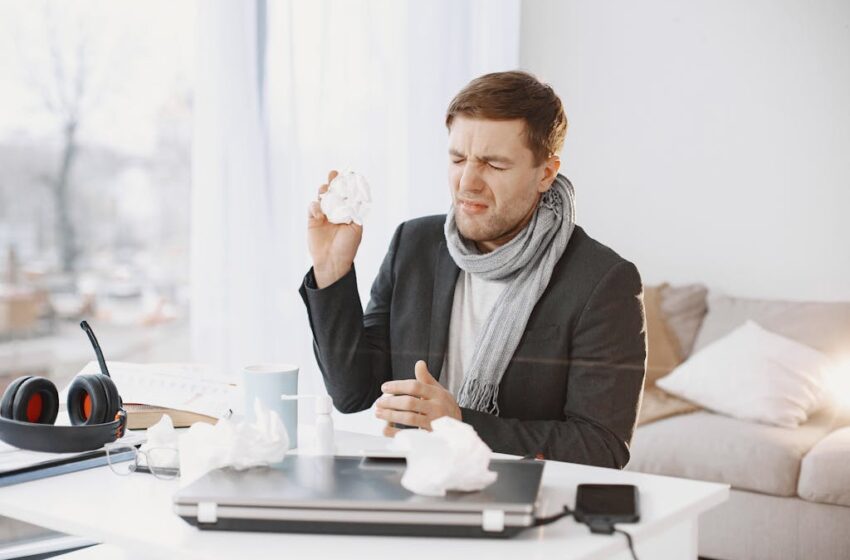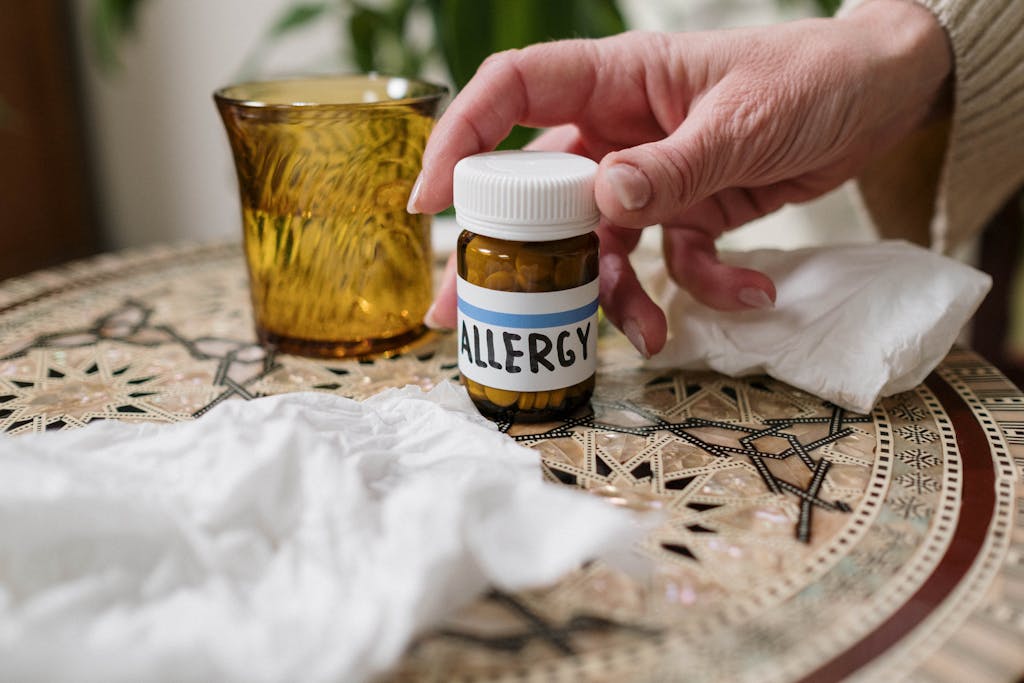Allergy Managing Seasonal Allergies Effectively

Seasonal allergies, also known as hay fever, affect millions of people every year. They occur when your immune system reacts to airborne allergens such as pollen from trees, grass, or weeds. Symptoms like sneezing, itchy eyes, and a runny nose can be uncomfortable, but with the right approach, seasonal allergies can be managed effectively. Here are some simple tips to help control your symptoms.
Identify Your Triggers
The first step in managing seasonal allergies is identifying what triggers your symptoms. Common allergens include pollen, mold, and dust mites. Keep track of when your symptoms are the worst and try to figure out which allergens are present in your environment at those times. This information can help you avoid specific triggers and make treatment more effective.
Limit Outdoor Exposure
During peak allergy season, try to limit your time outdoors, especially on days when pollen counts are high. Pollen levels are typically highest in the early morning and late afternoon, so staying indoors during these times can help. If you need to go outside, consider wearing sunglasses to protect your eyes from pollen and avoid activities like mowing the lawn, which can stir up allergens.
Keep Windows Closed
Keeping windows closed during allergy season can prevent pollen and other allergens from entering your home. Use air conditioning instead to keep cool and maintain good indoor air quality. If you have to open windows, try using a fine mesh screen to reduce the amount of pollen that enters your living space.
Use Allergy Medications
Over-the-counter allergy medications, such as antihistamines, decongestants, or nasal sprays, can help relieve the symptoms of seasonal allergies. Antihistamines block the chemicals that cause allergic reactions, while nasal sprays help reduce inflammation in the nasal passages. Consult a healthcare provider to find the right medication for your needs and avoid taking medication without guidance.
Keep Your Home Clean
Regular cleaning can help reduce allergens inside your home. Vacuuming with a HEPA filter, wiping down surfaces, and washing your bedding frequently can help remove pollen and dust. Make sure to clean your air conditioning filters regularly to ensure they are working efficiently in removing allergens from the air.
Shower and Change Clothes After Being Outdoors
After spending time outside, it’s a good idea to shower and change your clothes to remove any pollen that may have stuck to your skin or clothing. This can help reduce the amount of allergens you bring into your home, preventing them from lingering and worsening your symptoms.
Consider Allergy Shots or Immunotherapy
If over-the-counter treatments aren’t enough to manage your seasonal allergies, you might want to discuss allergy shots or immunotherapy with your doctor. These treatments work by gradually desensitizing your immune system to specific allergens, providing long-term relief.
Managing seasonal allergies requires a combination of avoiding triggers and using the right treatments. By following these tips, you can reduce your allergy symptoms and enjoy a more comfortable allergy season. If your symptoms persist, consult a healthcare provider for further guidance.


